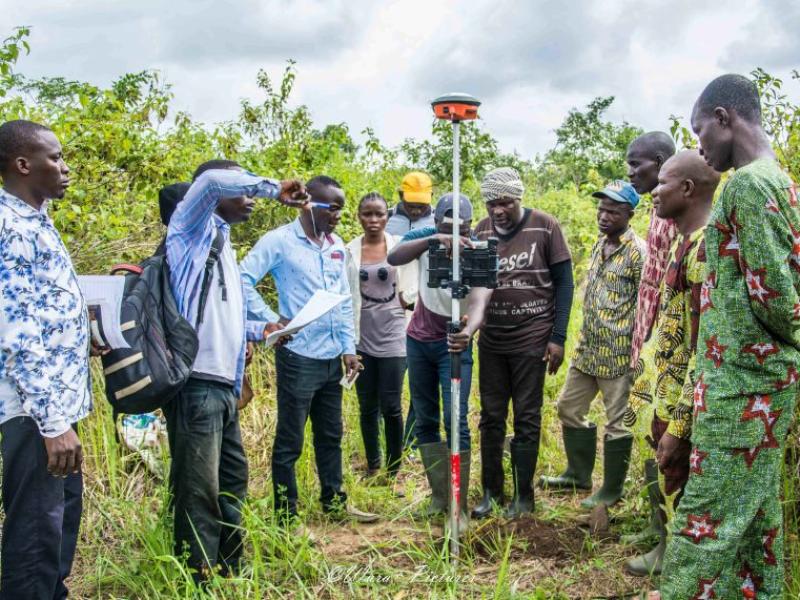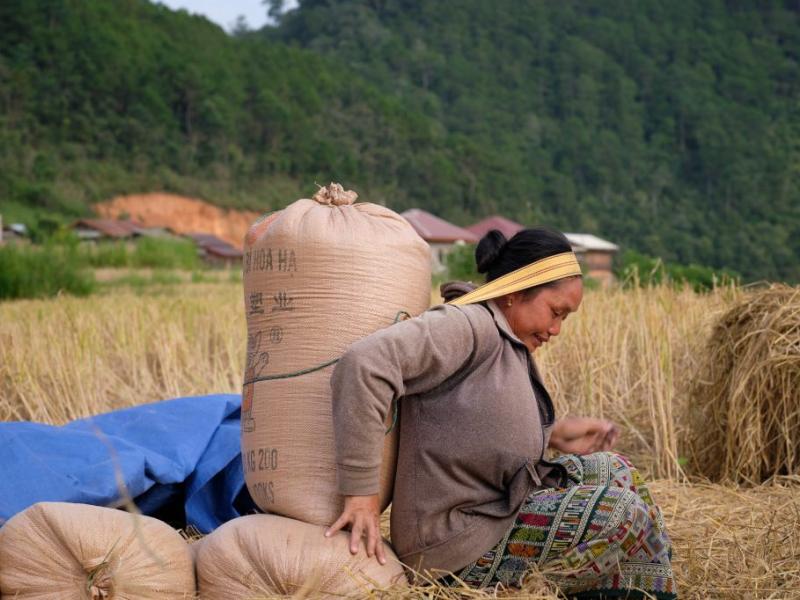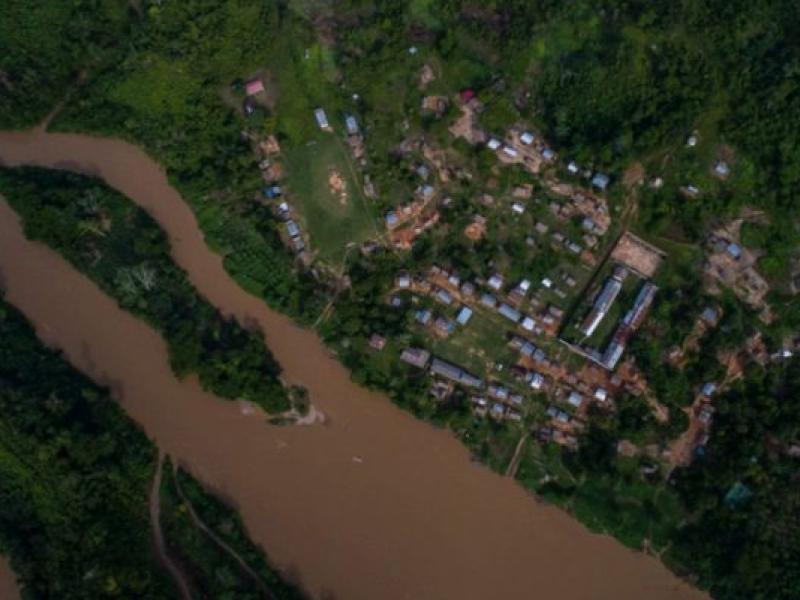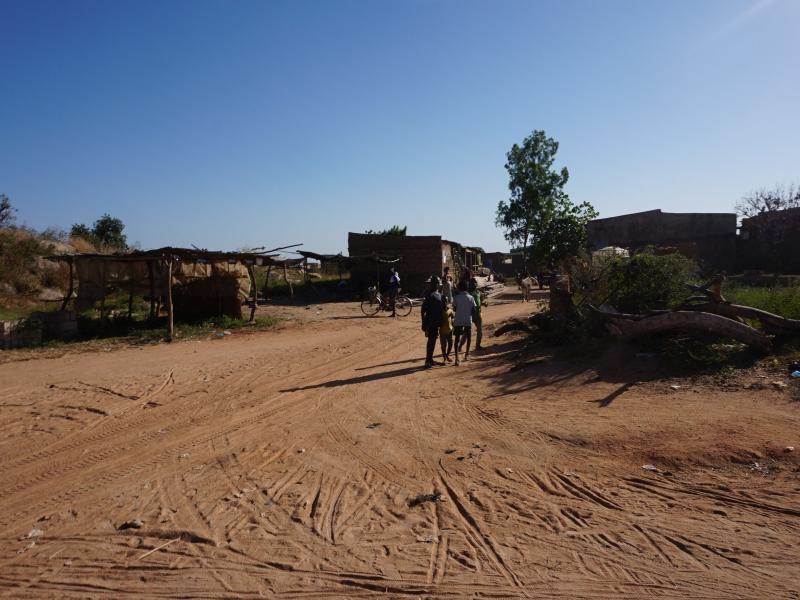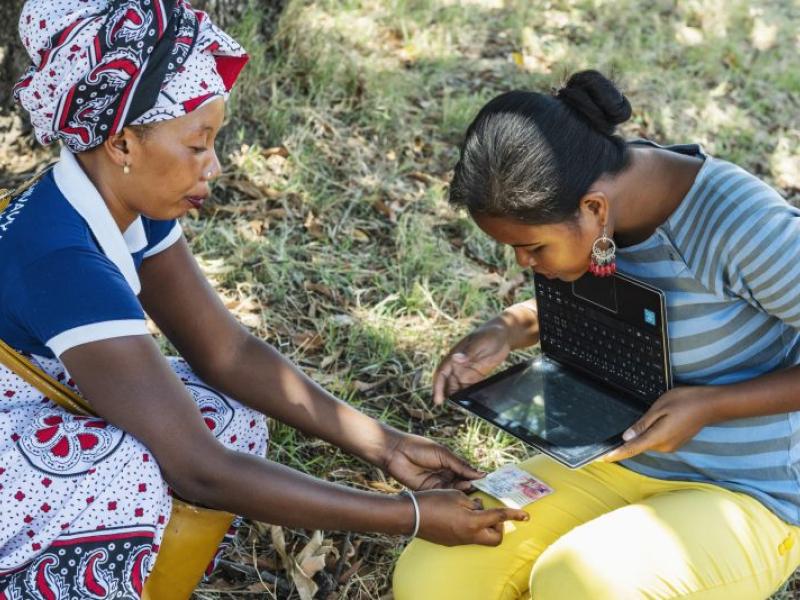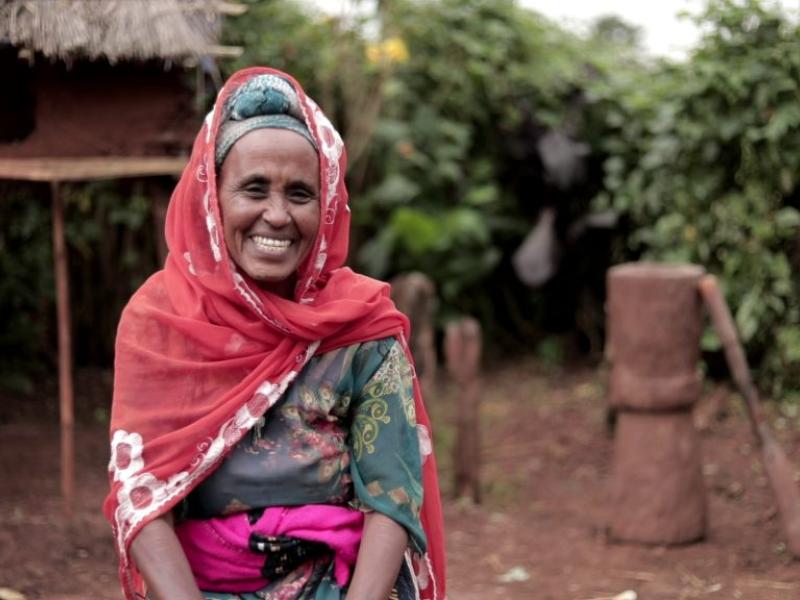Community / Land projects / Responsible Land Policy in the Ivory Coast
Responsible Land Policy in the Ivory Coast

€3900000
07/20 - 12/24
Активно
Implementing Organisations
Donors
Data Providers
General
The Ivory Coast is the largest cocoa producer in the world, and about 10% of GDP and 15% of government revenues are generated in this sector. However, as of July 2017, only 0.5% of the total agricultural land had a land certificate. At the same time, due to population growth the pressure on land increases. With a change of the forest law in 2015, the owners of land are also the owners of the trees planted on it. However, current land use contracts often remain informal and unclear. If land users for instance grow cocoa trees on the land they cultivate, this often leads to conflicts with landowners, as it is not clear, who is entitled to which form of land use or ownership rights. Landowners often see the cultivation of cocoa trees as an attempt to illegally appropriate land. Such conflicts also become a problem for companies active in the cocoa industry, as they hamper responsible investments. In order to ensure ecologically and socially just cocoa cultivation and thus economic stability, the Global Project Responsible Land Policy has aimed to document land rights and thus contribute to the resolution and prevention of land conflicts.
Activities in the Ivory Coast
Improvement of the institutional framework to guarantee rural land tenure and use rights in eight selected communities in San Pedro and Nawa. Support of civil society to participate in the formulation and implementation of a responsible land policy. Sensitisation of private agricultural investors to the implementation of responsible land investments. Within the framework of an integrated development partnership with cocoa companies, procedures are implemented to secure land tenure and land use rights that are based on international guidelines.
Our objective
Secure access to land, a prerequisite for sustainable rural development, has been improved in the target communities in southwestern Ivory Coast, especially for women, marginalised groups and youth.




